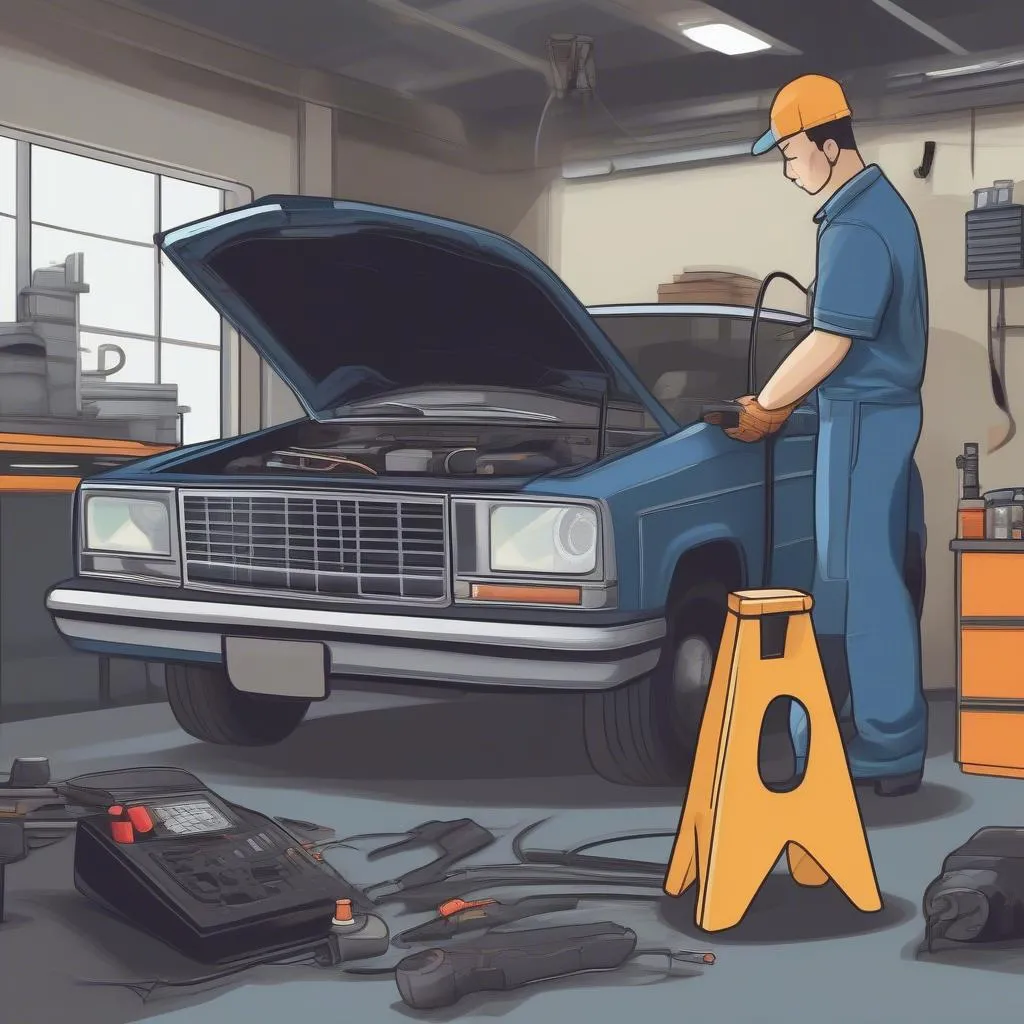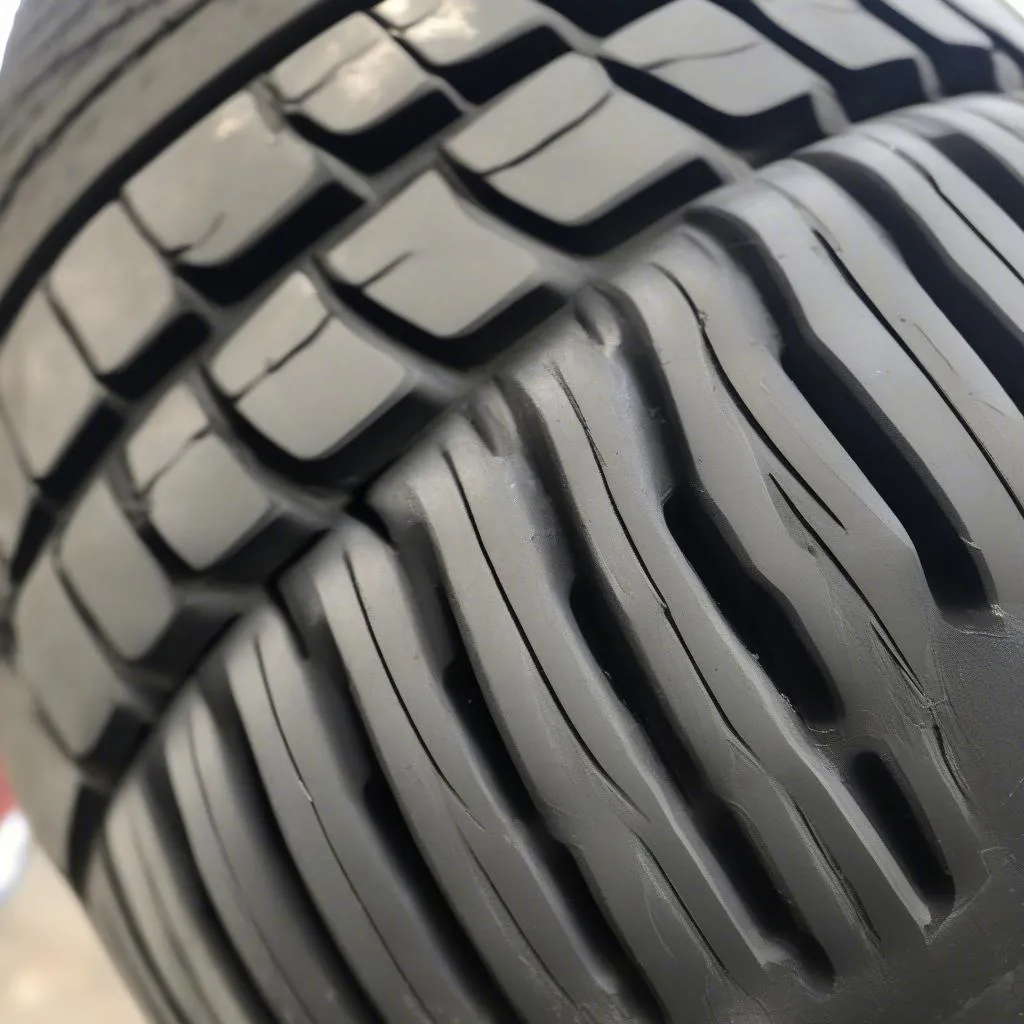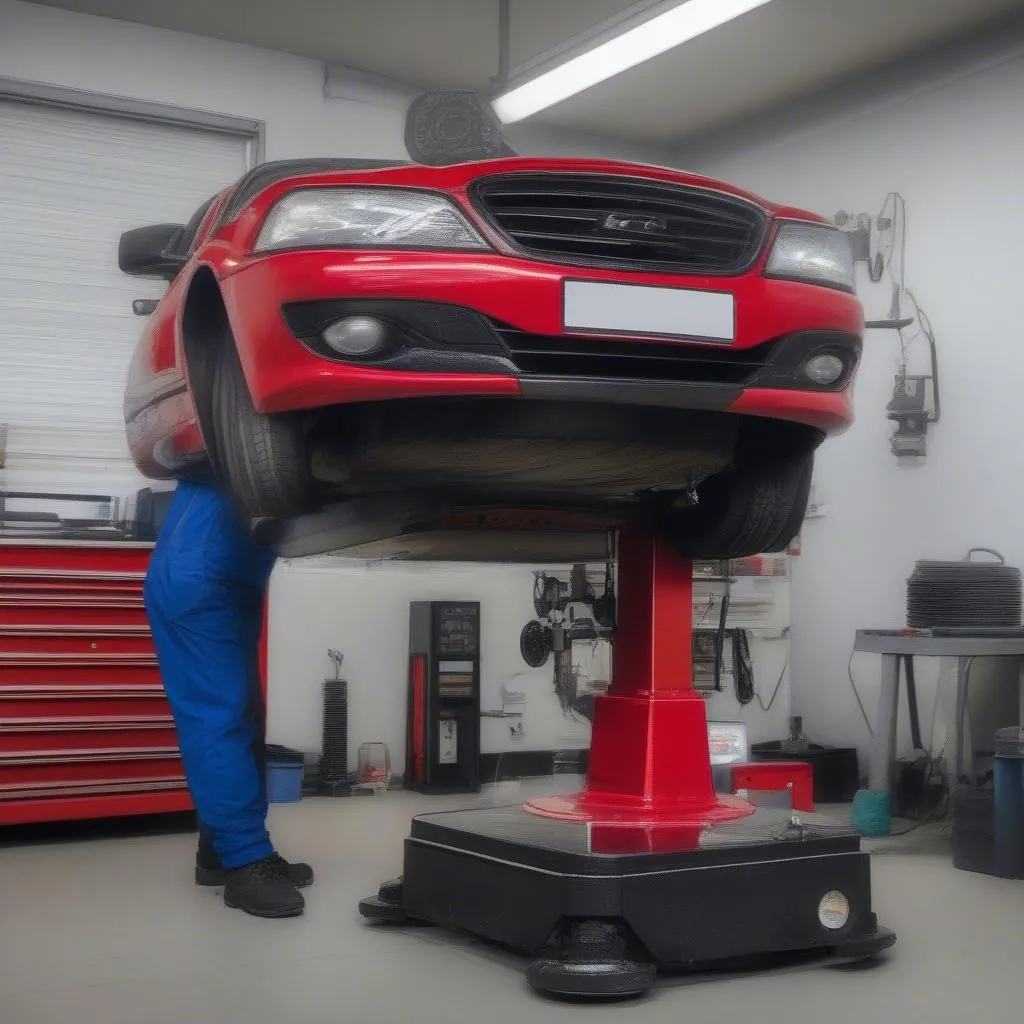Imagine cruising down the highway, enjoying the open road, and suddenly your car starts shaking violently. It’s a disconcerting experience, especially if it happens at higher speeds like above 50 MPH. You might feel a slight vibration at first, but it intensifies as you accelerate, causing your car to shake uncontrollably. This can be a scary and potentially dangerous situation, especially if you’re driving on a busy highway.
Why Does My Car Shake Above 50 MPH?
Let’s delve into the reasons why your car might be experiencing this unsettling phenomenon.
From a Mechanic’s Perspective
As an auto mechanic specializing in automotive electrical systems and diagnostics, particularly European car dealer scanners, I can tell you that a car shaking above 50 mph is a common issue. It often points to a problem with the drivetrain, suspension, or wheels.
The Technical Angle
From a technical standpoint, when a car shakes at high speeds, it indicates a loss of balance or a problem with the way the car interacts with the road. This can be caused by:
- Uneven tire wear: Tire wear that’s uneven across a single tire or between tires can lead to vibrations.
- Wheel balance: If your wheels are out of balance, it can cause your car to shake, especially at higher speeds.
- Wheel alignment: Incorrect wheel alignment can cause the tires to wear unevenly, which can lead to vibrations.
- Suspension issues: Worn-out shocks or struts can result in a loss of control and lead to shaking.
- Engine problems: A misfire or a problem with the engine mounts can also cause shaking.
- Drivetrain components: Worn-out transmission mounts, a damaged driveshaft, or a faulty U-joint can contribute to vibrations.
- Brakes: Warped brake rotors or a seized caliper can also cause shaking.
The Economic Impact
A car shaking above 50 MPH can have significant economic consequences. It not only poses a safety risk but can also lead to costly repairs. Ignoring the problem can cause further damage to your vehicle and lead to more expensive repairs later.
Diagnosing the Problem
To diagnose the cause of the shaking, you’ll need to perform a systematic inspection. Here’s what you can do:
Check Your Tires
- Inspect for uneven wear: Look for uneven wear patterns on your tires. If you notice signs of uneven wear, it might be a sign that your tires are not properly inflated or that your wheel alignment is off.
- Check tire pressure: Make sure your tires are inflated to the recommended pressure. You can find this information on a sticker on your driver’s side doorjamb or in your owner’s manual.
- Look for any damage: Check your tires for any damage, such as cracks, bulges, or punctures.
Check Your Wheels
- Examine for any damage: Check your wheels for any damage, such as cracks, dents, or bends.
- Listen for noises: While driving, listen for any grinding, clunking, or rattling noises that might indicate a problem with your wheels.
Check Your Suspension
- Visual Inspection: Look for any leaks, cracks, or other signs of damage in your suspension components. This includes the shocks, struts, springs, and control arms.
- Listen for noises: While driving, listen for any knocking, clunking, or banging noises that might indicate a problem with your suspension.
Check Your Drivetrain
- Look for leaks: Check for any leaks around the transmission, driveshaft, or differential.
- Listen for noises: While driving, listen for any whining, grinding, or clunking noises that might indicate a problem with your drivetrain.
Frequently Asked Questions
Here are some of the common questions you might have regarding car shaking:
- Is it safe to drive with a shaking car? It’s not recommended to drive a car that is shaking excessively. It can be dangerous, as it can lead to loss of control.
- How much does it cost to fix a car that shakes? The cost of fixing a car that shakes can vary widely depending on the cause of the problem.
- Can I fix the problem myself? In some cases, you might be able to fix the problem yourself. For example, if the shaking is caused by low tire pressure or a loose lug nut, you can fix it yourself. However, if the shaking is caused by a more serious problem, such as a worn-out suspension component, it’s best to take your car to a mechanic.
Seeking Professional Help
If you’ve checked your tires, wheels, suspension, and drivetrain, and you’re still experiencing shaking, it’s best to take your car to a qualified mechanic for diagnosis and repair. They can use specialized equipment to pinpoint the source of the problem and recommend the necessary repairs.
Conclusion
A car shaking above 50 MPH can be a frustrating and concerning issue. It’s important to address the problem as soon as possible to ensure your safety and prevent further damage to your vehicle. By following the troubleshooting steps outlined above and seeking professional help when needed, you can get to the root of the problem and resolve it efficiently.
Remember, Diag XCar is here to help you with all your car maintenance and repair needs. Contact us for a free consultation or if you have any questions.
 Car shaking diagnosis
Car shaking diagnosis
 Uneven tire wear
Uneven tire wear
 Wheel balance check
Wheel balance check